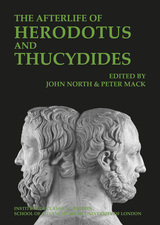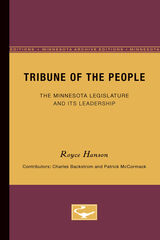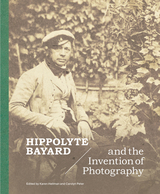




The Georgetown Journal of International Affairs is the official publication of the Edmund A. Walsh School of Foreign Service at Georgetown University. Founded to serve as an academic resource for scholars, business leaders, policymakers, and students of international relations alike, the journal cultivates a dialogue accessible to those with varying levels of knowledge about foreign affairs and international politics. Each volume year the journal provides readers with three issues featuring an array of timely, peer-reviewed content that bridges the gap between the work performed by news outlets and that by more traditional academic journals. The first two issues feature a section titled "Forum" that offers focused analysis on a specific key issue, as well as eight regular sections: Books, Business & Economics, Conflict & Security, Culture & Society, Dialogues, Law & Ethics, Politics & Diplomacy, and Science & Technology. The third is a special issue, International Engagement on Cyber. Issue 18.1’s Forum theme is the "global commons," with articles on the Internet as a global public good, the implications of military and security uses of outer space, and international water management challenges.

READERS
Browse our collection.
PUBLISHERS
See BiblioVault's publisher services.
STUDENT SERVICES
Files for college accessibility offices.
UChicago Accessibility Resources
home | accessibility | search | about | contact us
BiblioVault ® 2001 - 2024
The University of Chicago Press









